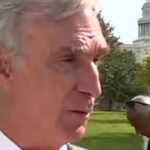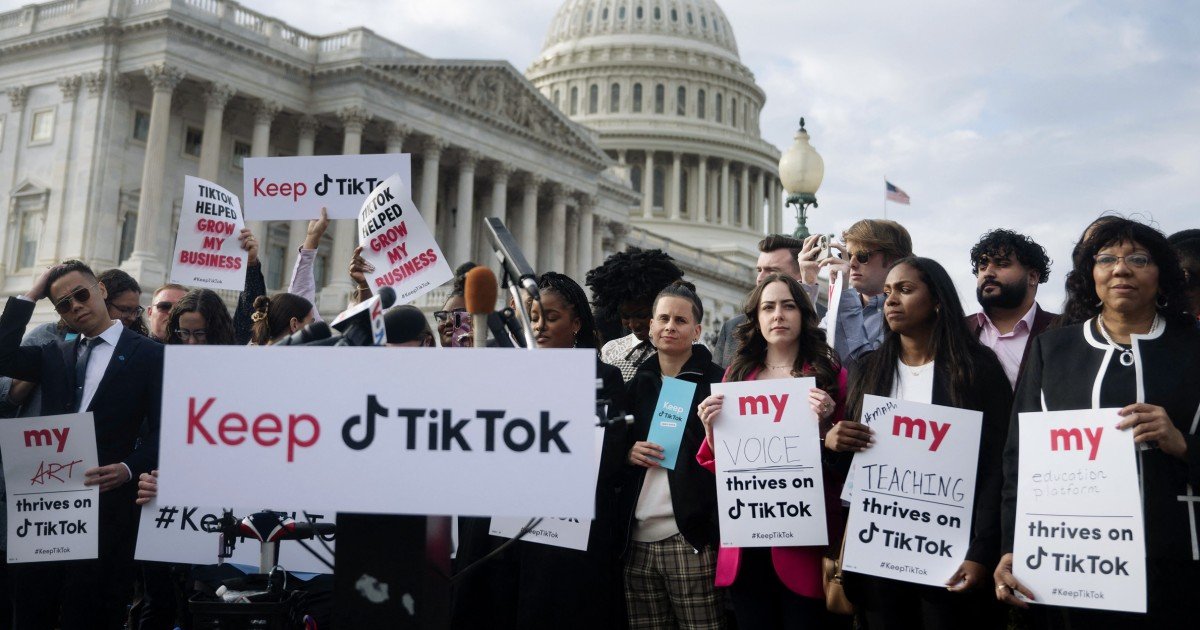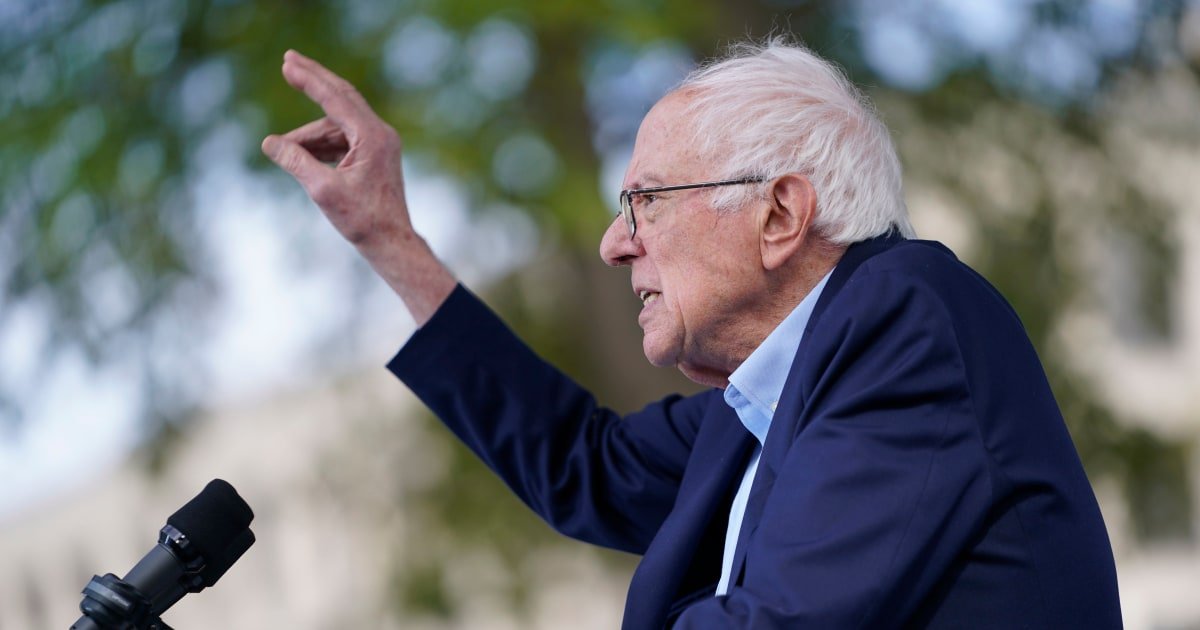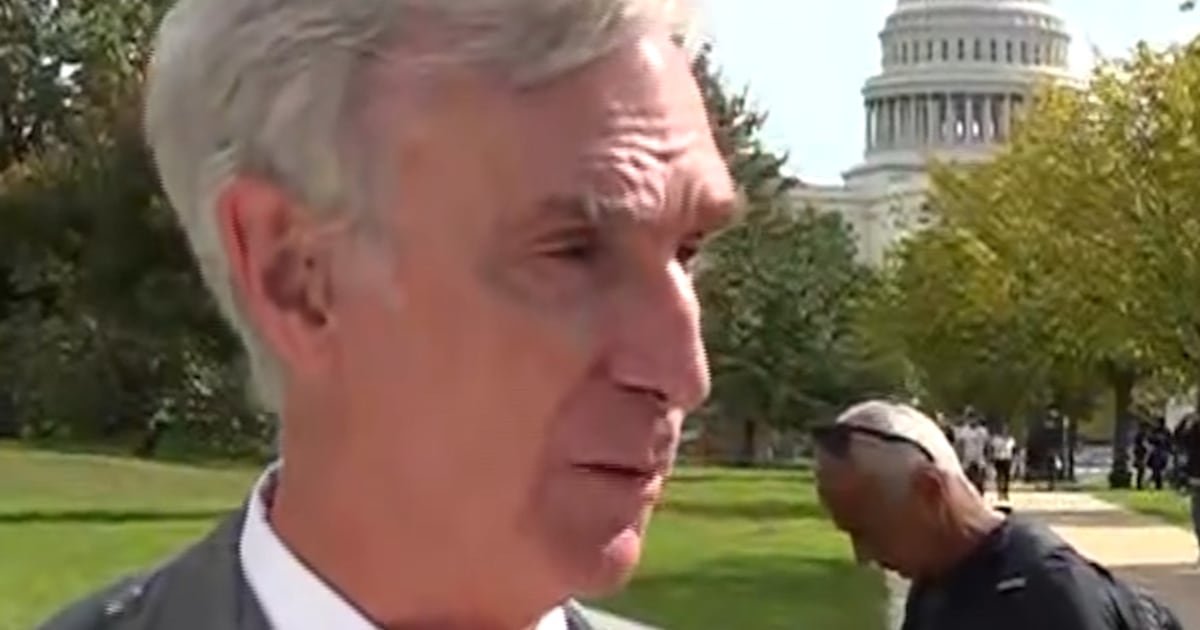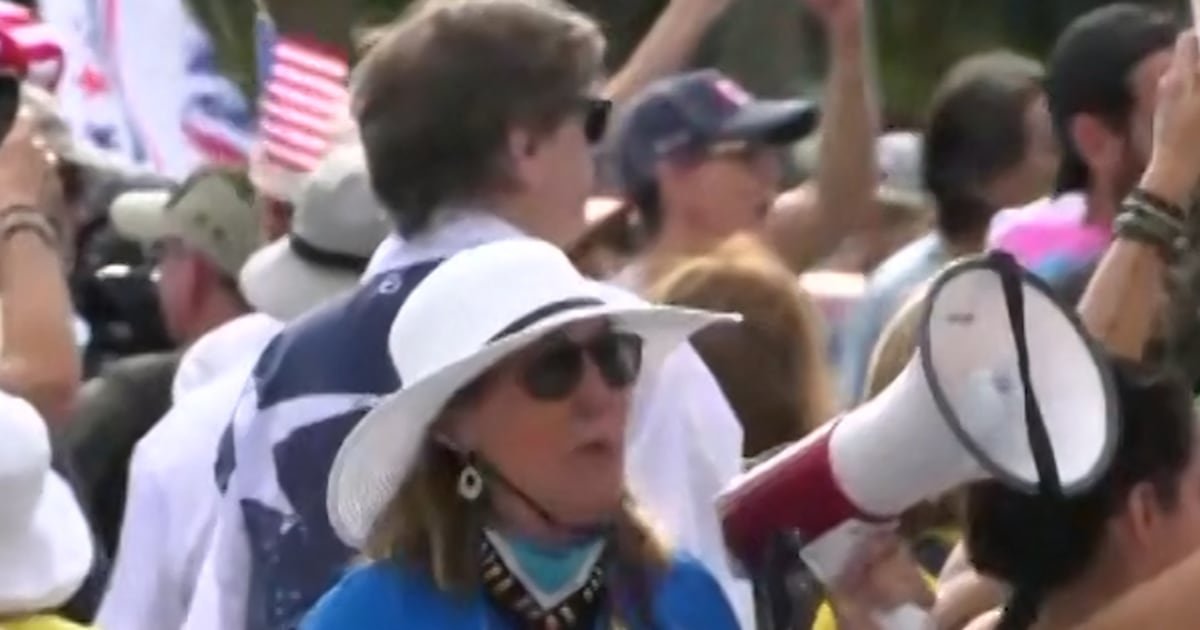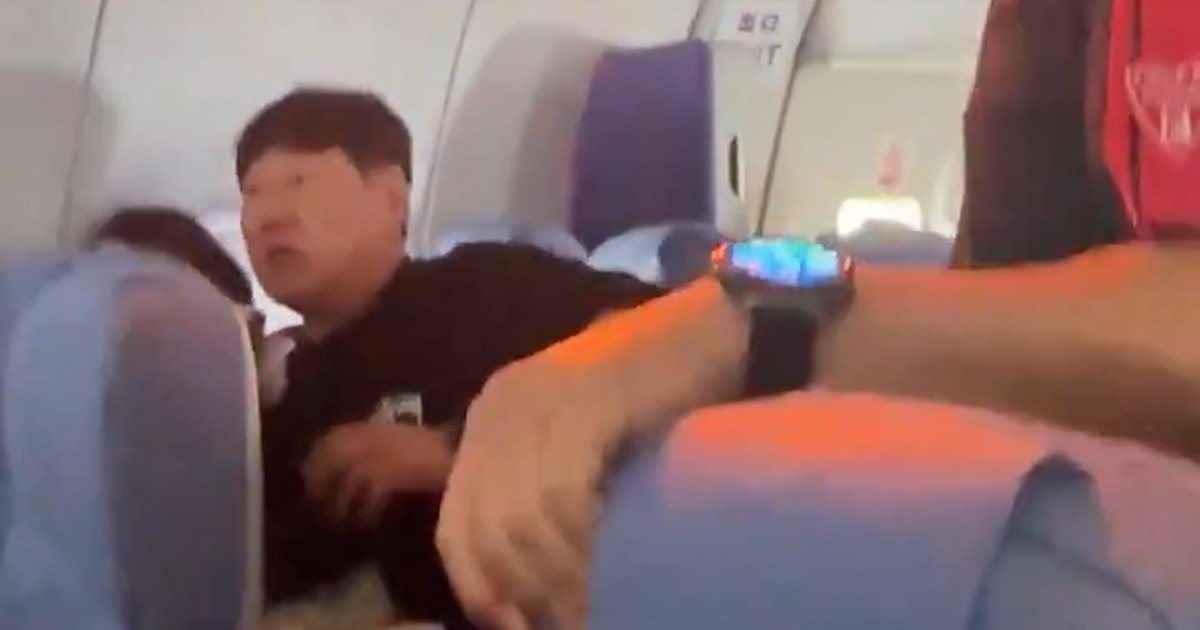WASHINGTON – The fate of a law that would likely ban the social media platform TikTok in the United States will go before the Supreme Court on Friday as justices consider whether to block it.
The conservative-majority court’s nine justices will hear oral arguments from lawyers for TikTok, some of its users and the Biden administration, with at least a preliminary decision likely to be made within days, if not hours.
The law in question, enacted with broad bipartisan support, requires ByteDance, TikTok’s China-based owner, to divest from the company by Jan. 19, the day before President-elect Donald Trump takes office. If no sale is made, the platform used by millions of Americans would be banned.
TikTok and some of its users sued to block the measure, saying it violates their free speech rights under the First Amendment of the Constitution.
The court will weigh those arguments against the government’s defense of the law on national security grounds over concerns that the Chinese government could exert influence over the platform.
To add more complexity, the court could quickly issue an order saying whether it will provisionally block the law before issuing a final ruling on the free speech issue.
The case has a tense and complicated political history.
While the ban was enacted with bipartisan support in Congress and signed into law by President Joe Biden, Trump has changed his mind on the issue. During his first administration, he threatened to ban TikTok, but later indicated his support during the election campaign, citing his own prominence on the platform. He recently met with the company’s CEO.
Trump filed an unusual brief with the Supreme Court asking the justices to temporarily block the law so that when he takes office he can “seek a political resolution” to the dispute.
The law includes a provision that allows the president to grant a one-time 90-day extension if he determines there is a path to divestment and “significant progress” toward its execution. There have been no public signs that such a sale is likely. On Thursday, a consortium involving billionaire Frank McCourt said it was making an offer.
TikTok, as well as eight individual users and Based Politics Inc., a conservative group that uses TikTok, filed separate challenges saying the law violates their free speech rights.
The United States Court of Appeals for the District of Columbia Circuit upheld the law, despite finding that it implicated the First Amendment and needed to be reviewed very closely.
The three-judge panel concluded that the law served a compelling government interest and was sufficiently designed to advance that interest.
The appeals court found that the government’s national security justifications, including concerns that the Chinese government could access data on American users and potentially manipulate the app’s content, were legitimate.
TikTok’s lawyers argued in court papers filed with the Supreme Court that while Congress clearly has an interest in protecting national security, the menu of available options “does not include suppressing Americans’ speech because other Americans can be persuaded “. The government did not even attempt to resolve its national security concerns through an alternative approach that would not violate free speech rights, they added.
TikTok supporters in court include a cross-ideological array of public interest groups, including the left-leaning American Civil Liberties Union and the libertarian Cato Institute, which have joined the fight on free speech grounds. .
The task of upholding the law falls to Attorney General Elizabeth Prelogar just days before she leaves office.
In court papers, he argued, among other things, that the law doesn’t even implicate the First Amendment, saying the potential ban “addresses the serious national security threats posed by the Chinese government’s control of TikTok, a platform that collects confidential data on dozens of people”. millions of Americans and would be a powerful tool for covert influence operations by a foreign adversary.”
The law does not impose any restrictions on expression, but rather prevents a “foreign adversary” from controlling it, he added.
Even if there are concerns about free speech, they are minimal because the restrictions do not focus on suppressing specific speech based on what is said or who says it, Prelogar said.
The federal government has the backing of Montana and 21 other states, as well as former national security officials.
TikTok launched in the US in 2018 and has become increasingly popular, now boasting 170 million American users.
The algorithm provides users with streams of short-form video content that are tailored to their interests.



